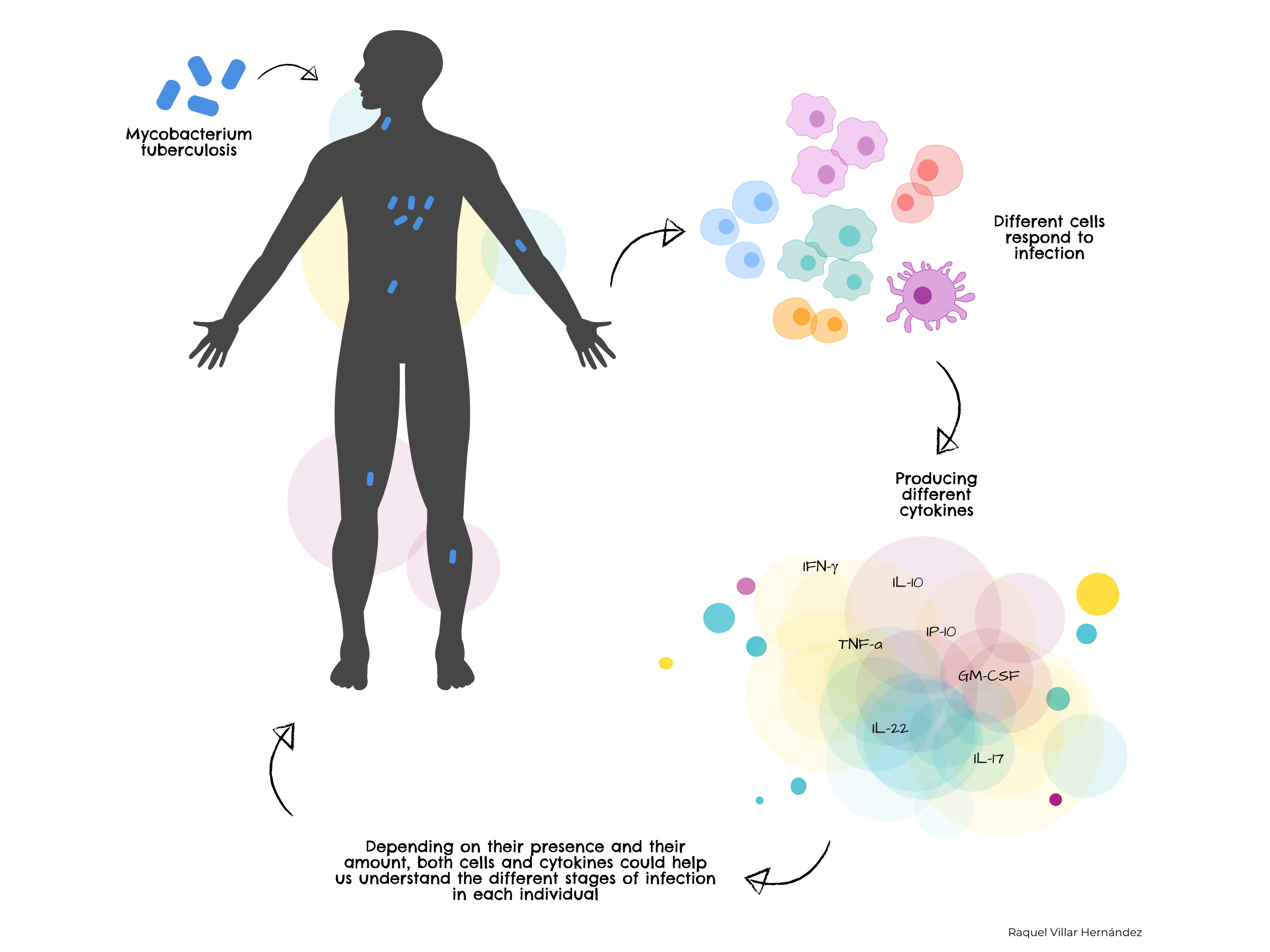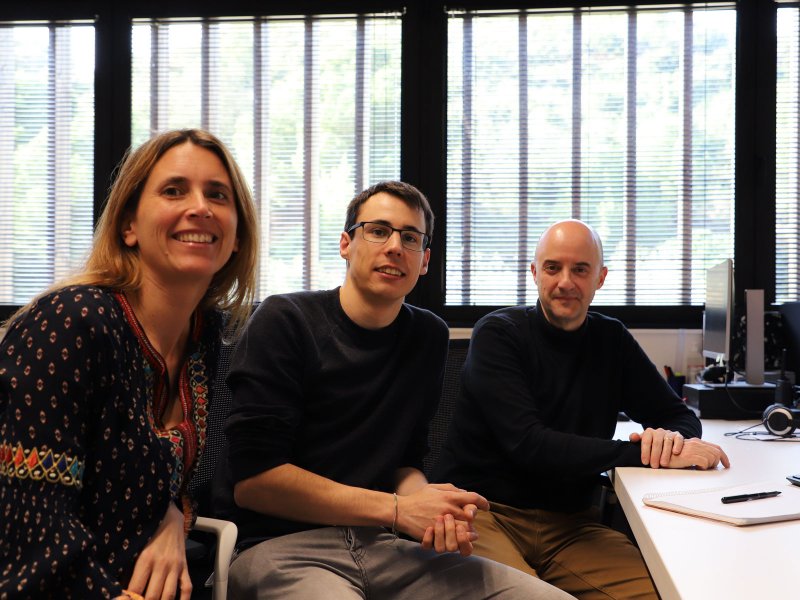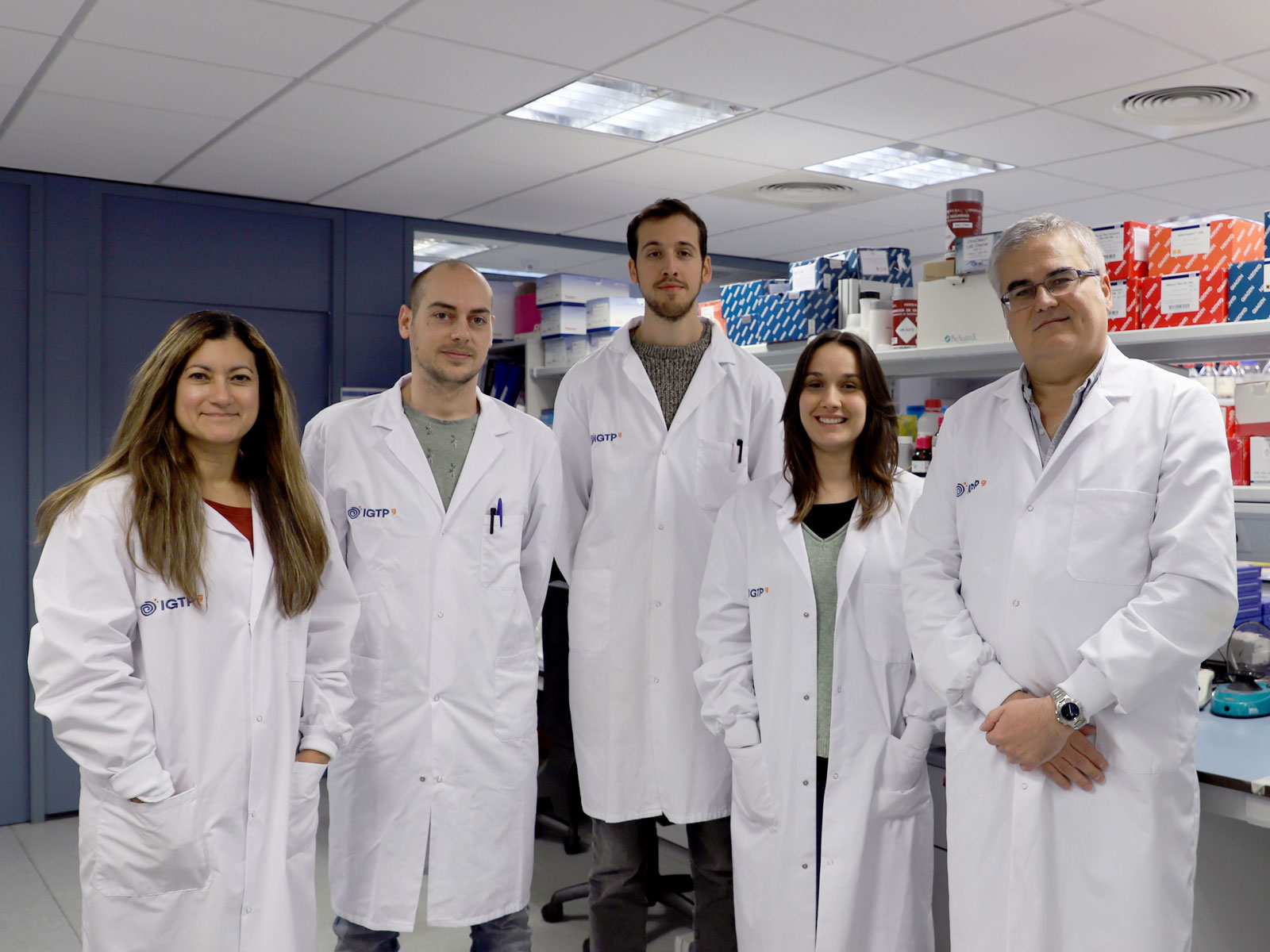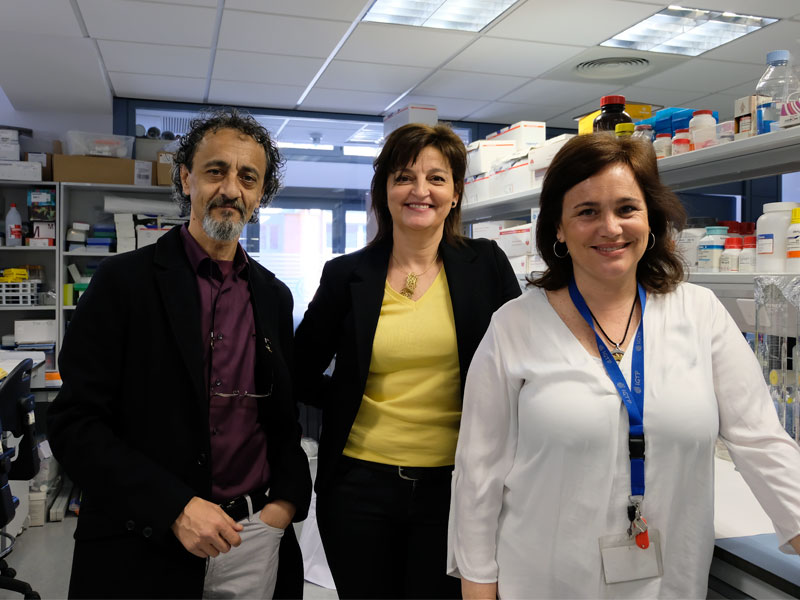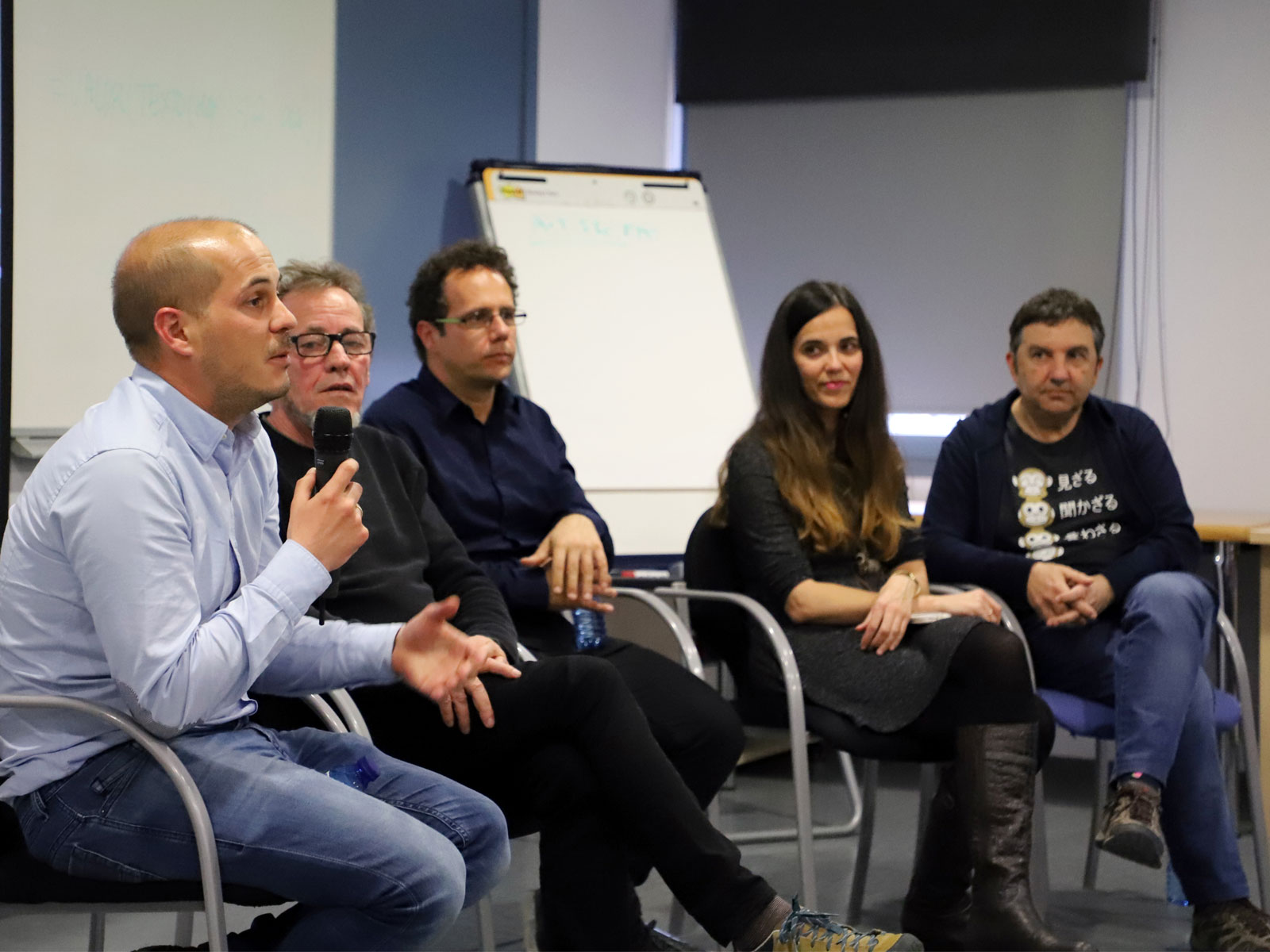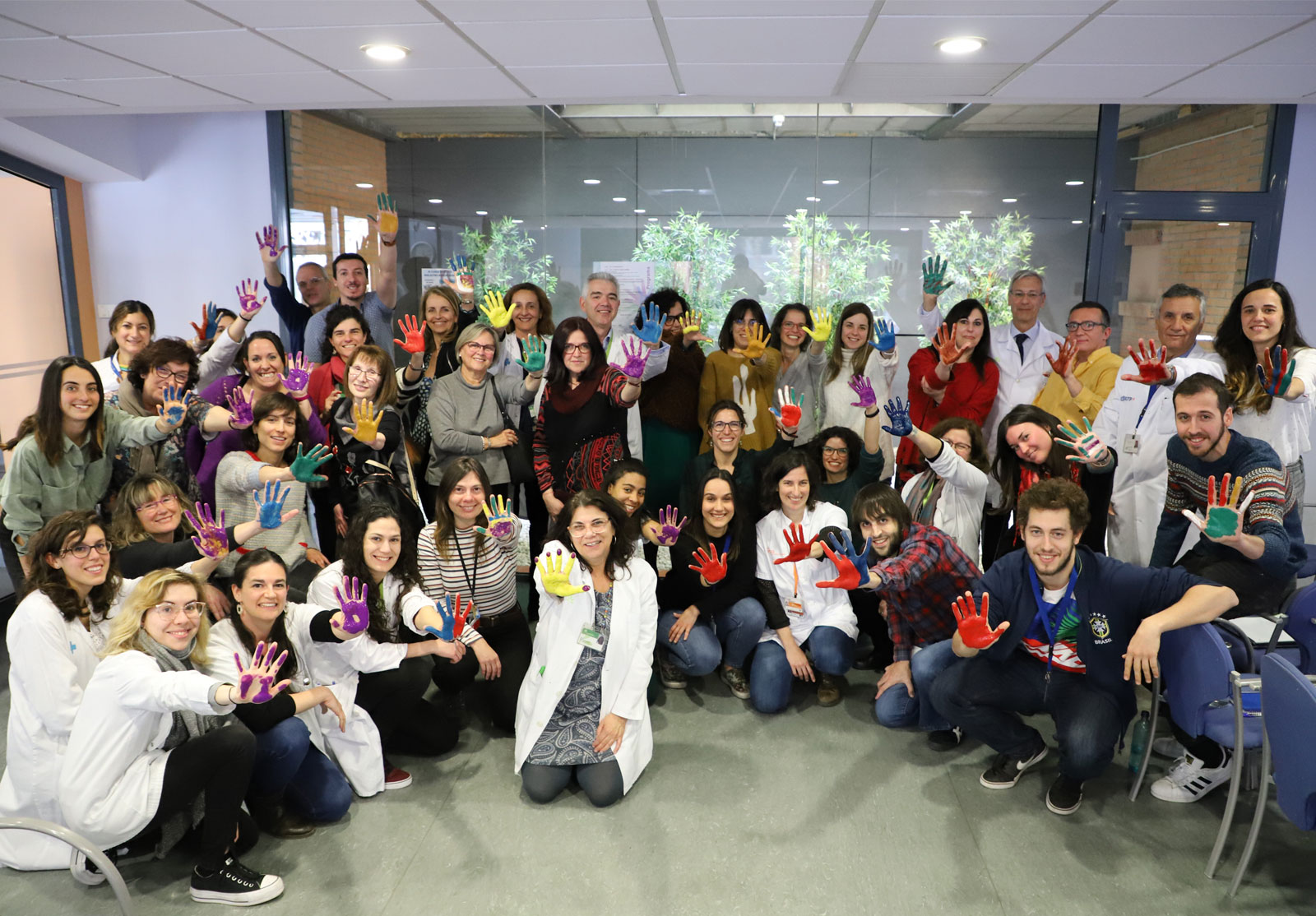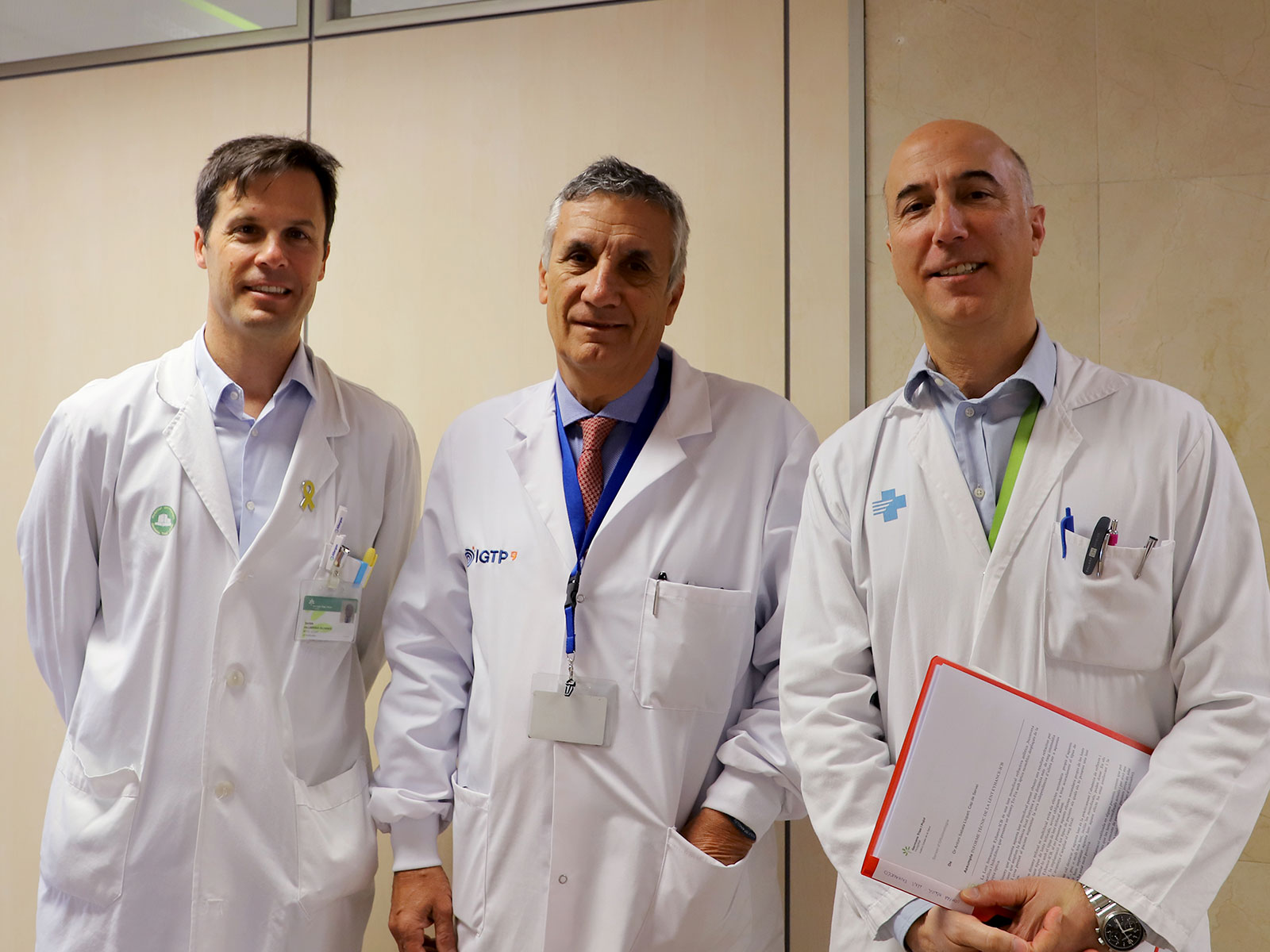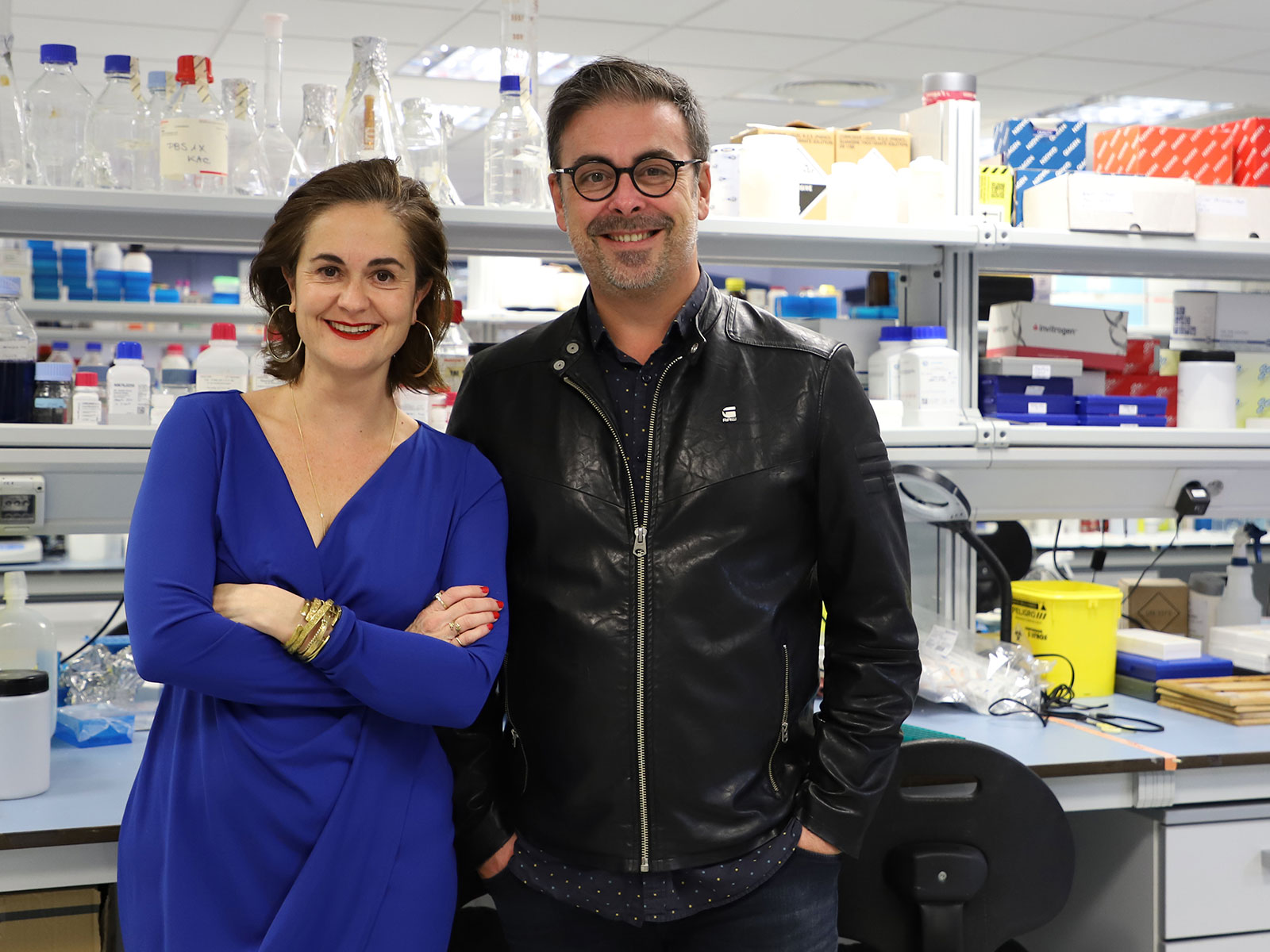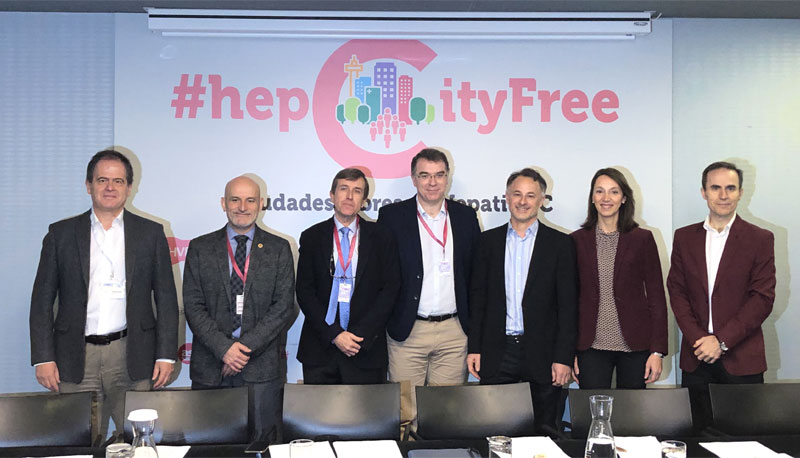A team including researchers at the IGTP confirm new ways to test and treat TB by harnessing the body’s own defences
In new study in a cohort of patients from Southern Europe, researchers including the innovation in Respiratory Infections and Tuberculosis Diagnosis Group at the IGTP have confirmed the importance of exploring immune pathways other than the ones modulated by interferon-gamma, which is the one that has been most studied in work on TB until now. The study published in Frontiers of Immunology has also hinted at ways to differentiate between latent and active TB, a major goal in the battle against the disease.
